Weekly Tech Recap - № 225 - Turing banknote, Barsys, Tesla price cuts, Dragonfly, MS Word Android
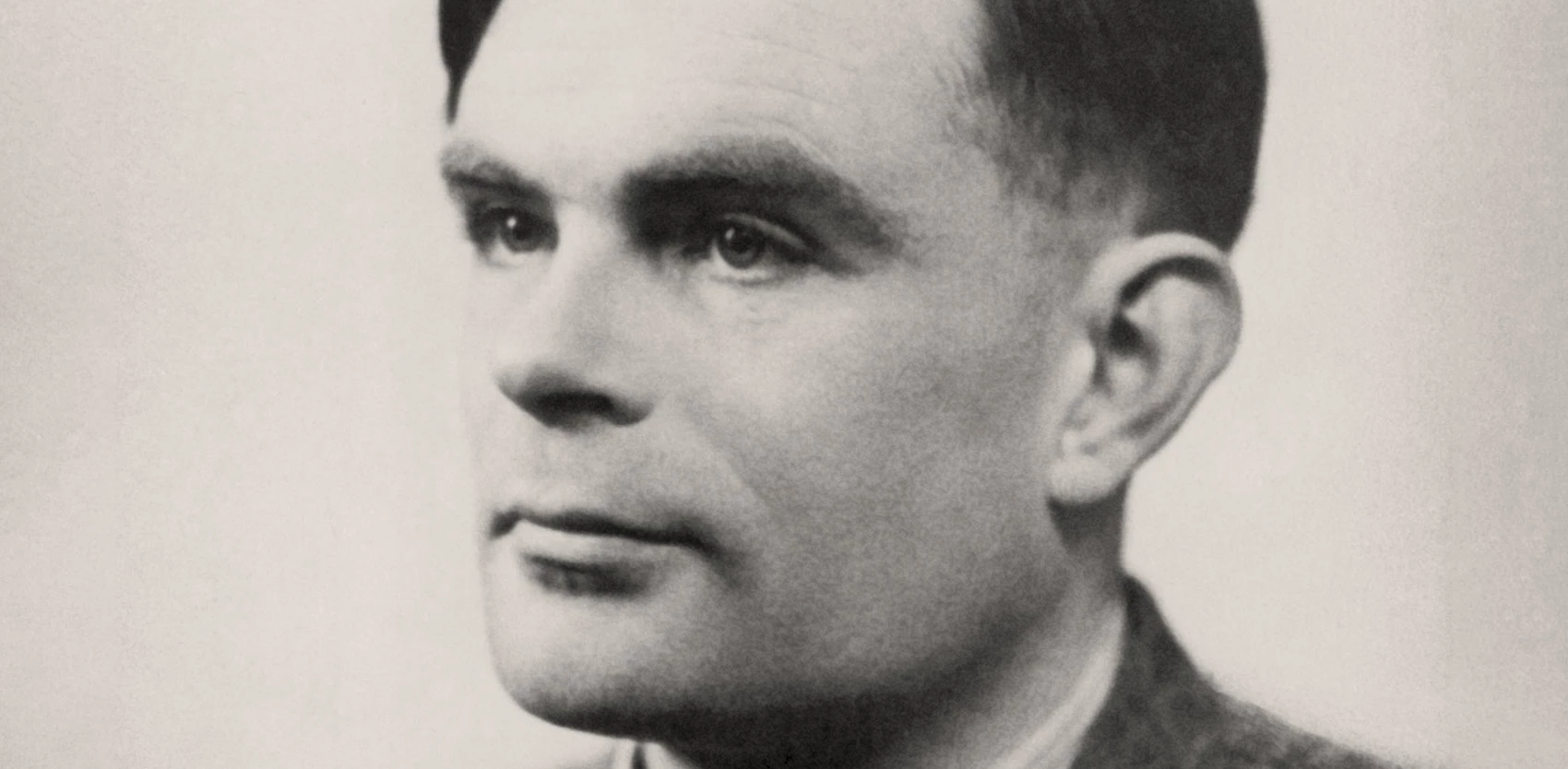
Alan Turing banknote
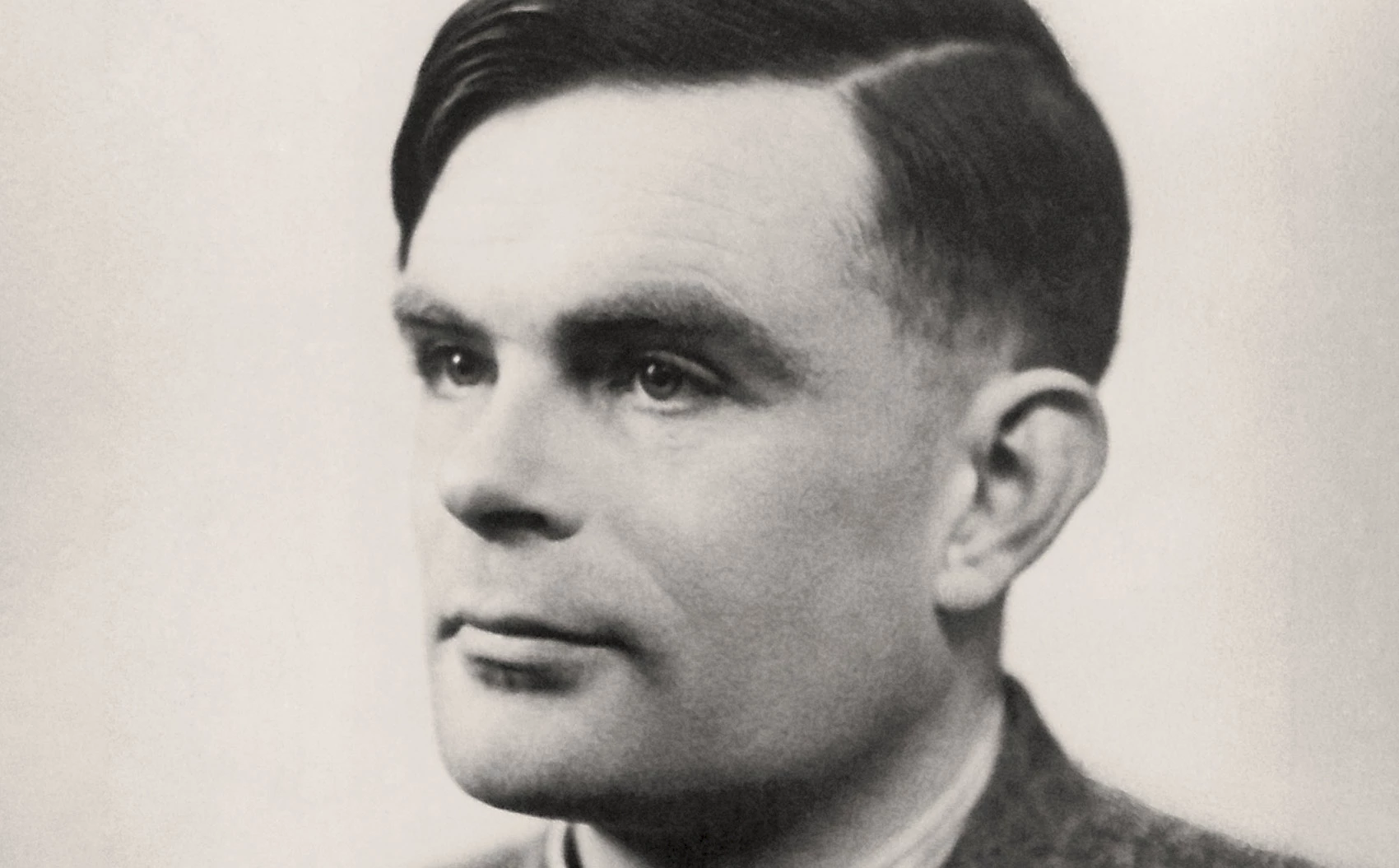
Alan Mathison Turing (1912-1954).
Alan Turing, the mathematician who helped crack the Enigma machine code during World War II and who pioneered computing and artificial intelligence, will appear on the new GBP50 banknote (CAD82, EUR55). The mathematician was chosen from among 989 scientists, in a decision that recognizes both his role in defending against the threat of German submarines during the Battle of the Atlantic and his post-war persecution on charges of homosexuality. In a small way, the announcement by Bank of England governor Mark Carney crowns Turing’s official rehabilitation after the royal pardon in 2013. The bill will go into circulation at the end of 2021. Turing will replace Matthew Boulton and James Watt, British pioneers of the steam engine who were featured on the GBP50 note since 2011. The design presented by the Bank of England is not definitive. This new banknote will complete the United Kingdom’s transition from paper to polymer bills.

© Bank of England.
⇨ The Verge, “Alan Turing is the face of UK’s new £50 note.”
Barsys the cocktail robot

Barsys 2.0. © Barsys LLC.
Barsys, the robotic mixologist, is the perfect party host. It can hold 5 bottles of alcohol and has 3 insulated tanks for mixers (soda, carbonated water or fruit juice). You can control it with a phone or a tablet, via Bluetooth. The application (iOS and Android) offers cocktails based on the alcohols and mixers available in the machine. It has a library of more than 2,000 recipes that are customizable to your preferences and you can add your own recipes. Once you’ve selected your drink, Barsys waits for you to place your glass to start pouring. A small platform moves the glass under the spouts and gives you the green light once the cocktail is mixed. Barsys 2.0 will be available July 22 for USD1,500. The company hopes that the machine will also appeal to bars and restaurants.
⇨ YouTube, “Using the Barsys app.”
⇨ Engadget, “Barsys $1,500 robot bartender promises cocktails with AI precision.”
Tesla price cuts
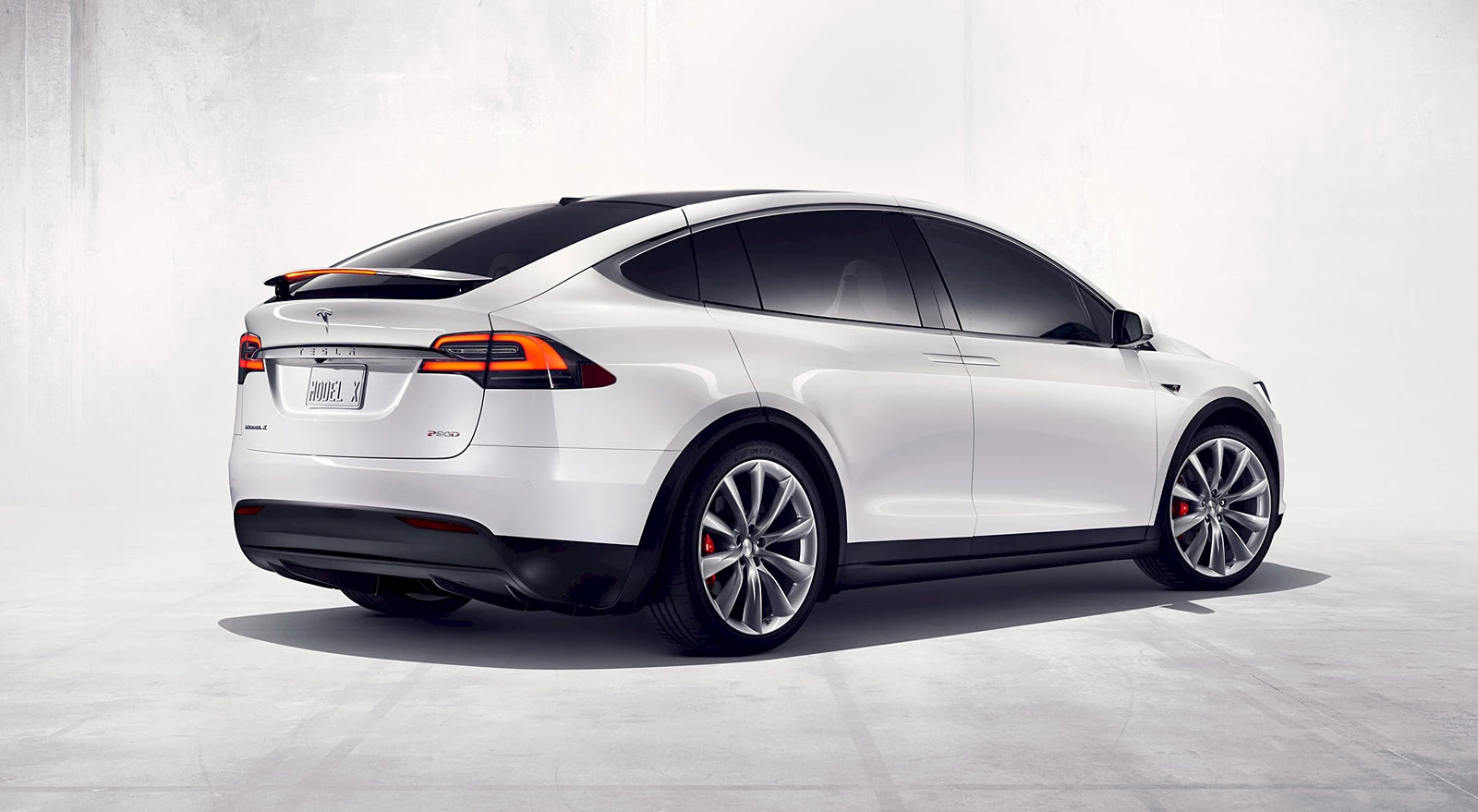
Model X. © Tesla.
On Monday, Tesla announced lowered prices on its entire line of vehicles, making most versions of Model S, X and 3 more affordable. However, the cheaper versions of the S and X models, called “Standard”, have been eliminated. The price for the “Long Range” Model S (now the cheapest Model S) dropped from USD85,000 to USD79,990. The “Standard” Model S, now discontinued, cost USD75,000. The “Performance” Model S increased from USD96,000 to USD99,990, but now includes “Ludicrous Mode”, previously a USD20,000 option that allows an awesome acceleration from 0 to 100 km/h in less than 3 seconds. The result is a simplified lineup with a clearer product differentiation between the affordable Model 3 and the high-end Model S and X.
Tuesday on Twitter, Elon Musk announced that the autopilot option would increase to USD7,000 on August 16.
⇨ Ars Technica, “Elon Musk announces another price hike for ‘full self-driving’ package.”
⇨ Ars Technica, “Tesla cuts prices and simplifies its product line.”
Dragonfly terminated
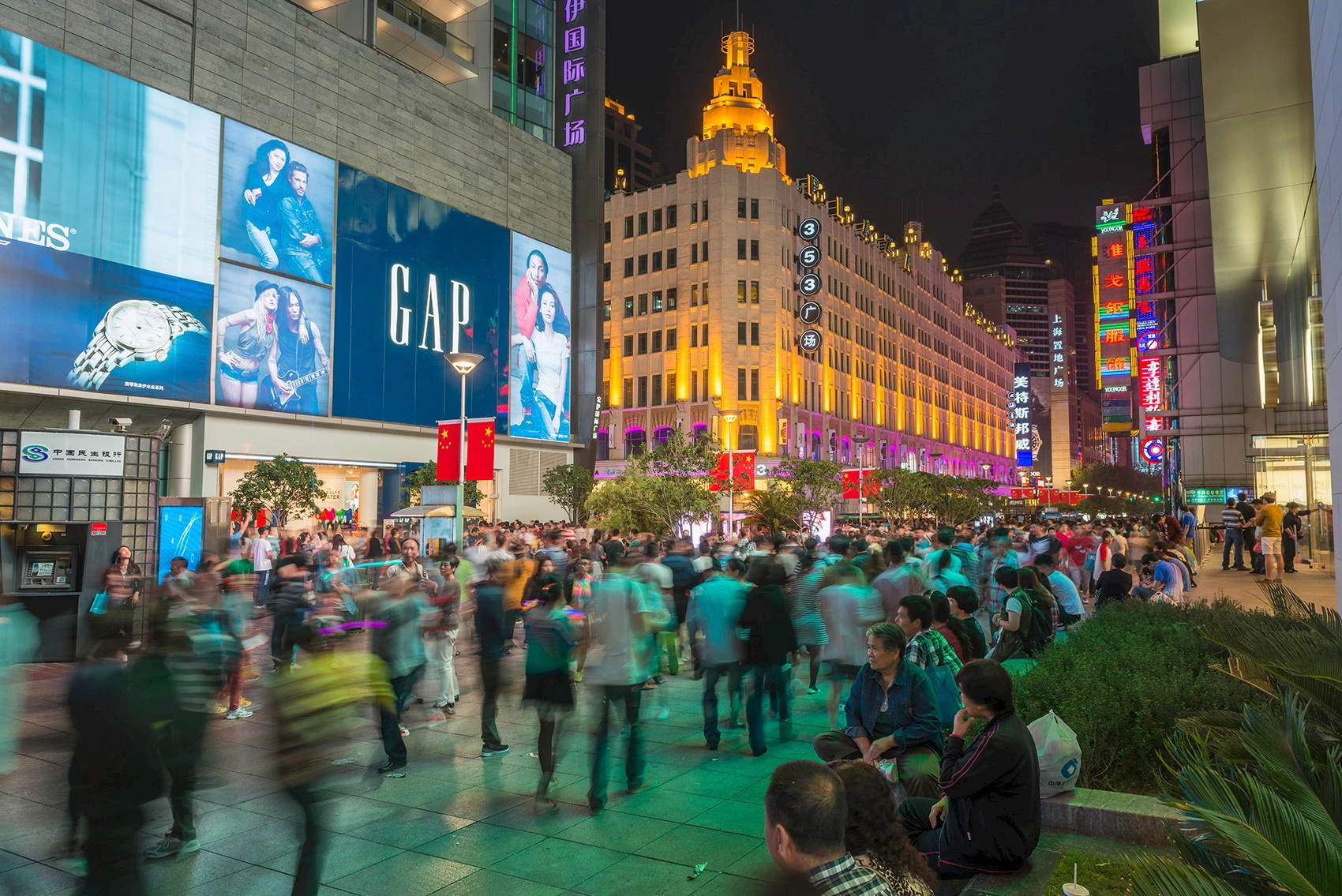
Nanjing road, Shanghai. © iStock.
In August 2018, a reporter for The Intercept revealed that Google was working on an Android search engine for the Chinese market. Responding to the demands of the country’s authorities, the application was supposed to block searches on human rights, peaceful protests, political dissent, democracy, police brutality, and so on. Of course, this information raised an outcry. Google employees, human rights activists and elected officials urged the company to scrap this project called Dragonfly. This Tuesday, a company representative said that Google had stopped all work on its Chinese search engine. “We have terminated Project Dragonfly,” said Karan Bhatia, Google’s vice president of public policy, at a hearing before the Senate Judiciary Committee. Joe Westby from Amnesty International commented: “Google must now go one step further and commit to never aid China’s large-scale censorship and surveillance. The company’s past evasiveness on this issue leaves the door open to future abuses.”
⇨ BuzzFeed News, “A Google VP told the US senate the company has ‘terminated’ the Chinese search app Dragonfly.”
More than 1 billion MS Word installations on Android
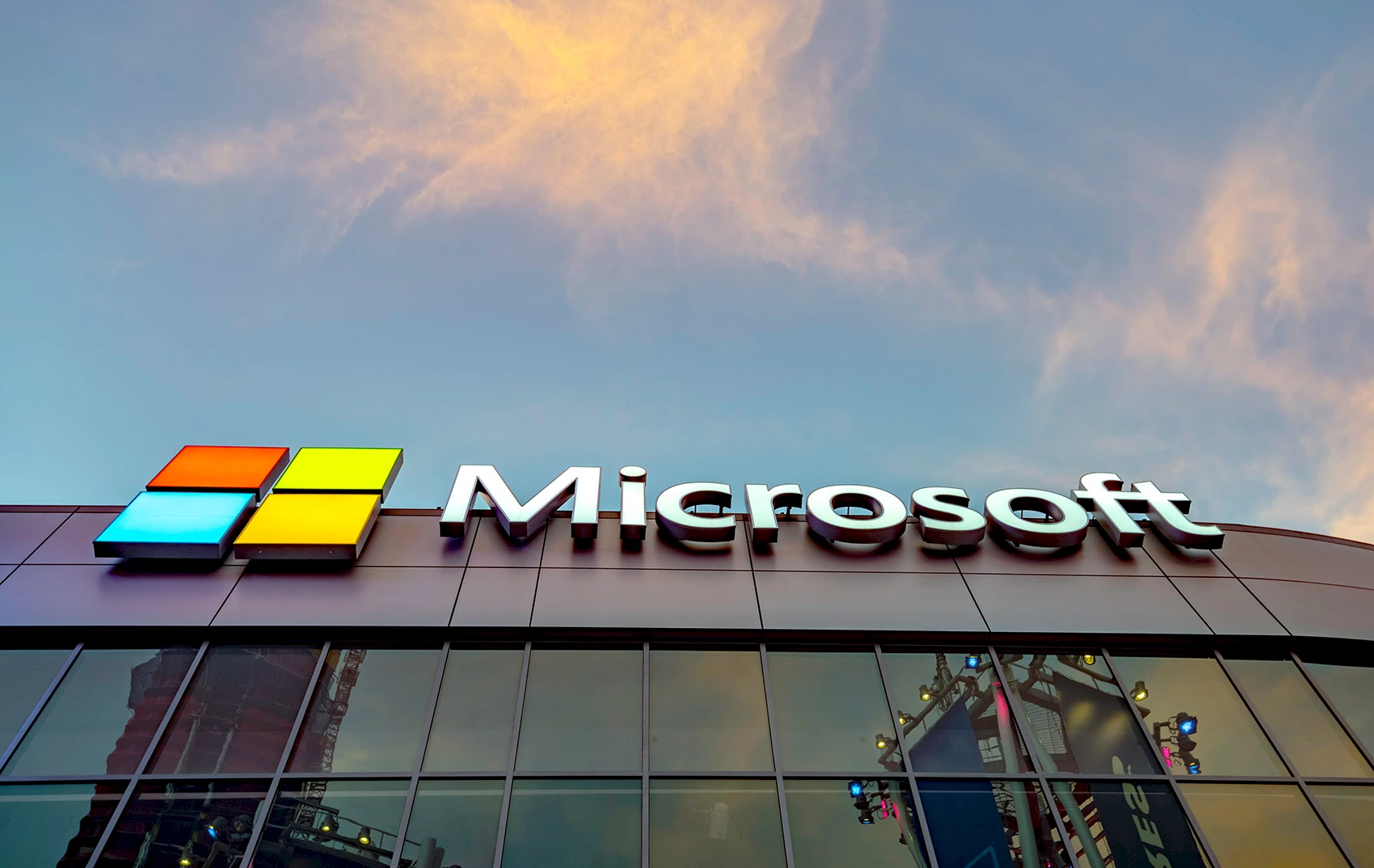
Microsoft Square, downtown Los Angeles. © iStock.
Though it ended Windows 10 Mobile, Microsoft is still very present in the smartphone applications market. For instance, since its release in 2015, Microsoft Word for Android was installed more than one billion times, according to official statistics from Google Play Store. This is a significant figure when compared to the 825 million Windows 10 active users, but a figure that should be seen in perspective. As Android Police’s Corbin Davenport points out, Microsoft has agreements with Samsung and other manufacturers to pre-install Word (and a slew of other apps) on phones and tablets, so there’s a good chance that the application was never opened on many of those billion devices.
⇨ Tom’s Hardware, “Microsoft Word for Android passes 1 billion installs.”
